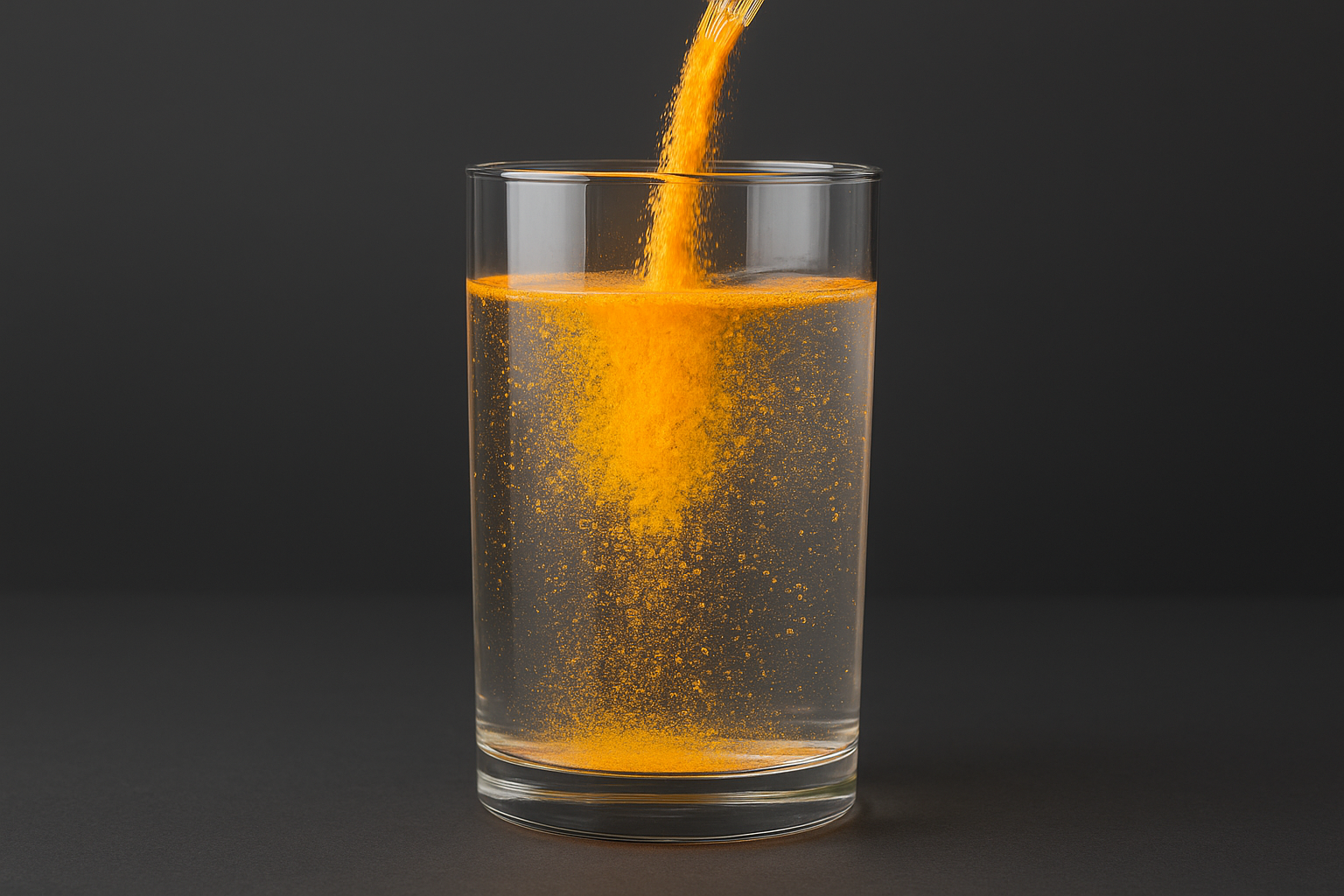Electrolytes—those trendy powders and tablets affixed to chic gym bags—pose a provocative question: should everyone sip them daily, or are they only for the sweaty few among us? Here’s what the science, and your body, are really telling us.
What Are Electrolytes, Anyway?
Don’t let the science jargon scare you—electrolytes are simply the electrically charged minerals in your body (think sodium, potassium, magnesium). They help your cells communicate, muscles contract, and fluids stay where they belong.
Is it wise to down them as a daily supplement? Not usually. In most cases, a balanced diet and plain water cover your needs just fine.
When Electrolytes Actually Make Sense
While daily supplements may be overkill, certain circumstances call for them:
-
After intense sweating (hello, HIIT in the heat!) — water alone can dilute sodium too much.
-
During long, vigorous workouts—especially over 60–75 minutes or in hot conditions, when your sweat pours more than just water.
-
When you’re ill—fever, vomiting, or diarrhea can deplete fluids and electrolytes fast.
-
In extreme heat or high altitudes, where dehydration can creep up quickly.
But… Beware of Overdoing It
Electrolytes aren’t harmless neutralizers—you can absolutely go too far. Many store-bought electrolyte drinks (especially sports formulas) pack sugar, artificial sweeteners, or more sodium than you need.
Also: everyday health? Over-supplementing with electrolytes could actually increase your sugar intake or risk blood pressure spikes.
So Should You Take Them Daily?
For most non-athletes? No. Stick to good hydration habits:
-
Hydrate steadily with water and food-based fluids.
-
Eat electrolyte-rich foods like fruits, vegetables, nuts, yogurt, and leafy greens.
For active days—or when life gets sweaty? Go ahead and top up, especially during or right after heavy activity, long workouts, or heat exposure.
Alyve’s Take
Electrolytes aren’t the universal beauty elixir, but they’re the ultimate sidekick when you're breaking a sweat—or riding through heat, illness, or altitude. Think of them as emergency hydration support, not your daily go-to. Keep water as your hydration baseline, and let electrolyte supplements join the party only when your body is truly calling.
References
-
Armstrong, L. E., & Johnson, E. C. (2018). Water Intake, Water Balance, and the Elusive Daily Water Requirement. Nutrients, 10(11), 1533.
-
Baker, L. B. (2017). Sweating Rate and Sweat Sodium Concentration in Athletes: A Review of Methodology and Intra/Interindividual Variability. Sports Medicine, 47(1), 1–17.
-
Hew-Butler, T., Ayus, J. C., Kipps, C., Maughan, R. J., & Mettler, S. (2007). Statement of the Second International Exercise-Associated Hyponatremia Consensus Development Conference, New Zealand, 2007. Clinical Journal of Sport Medicine, 17(3), 167–171.
-
Hew-Butler, T., Rosner, M. H., Fowkes-Godek, S., Dugas, J. P., & Hoffman, M. D. (2015). Statement of the Third International Exercise-Associated Hyponatremia Consensus Development Conference, Carlsbad, California, 2015. Clinical Journal of Sport Medicine, 25(4), 303–320.
-
Noakes, T. D. (2012). Waterlogged: The Serious Problem of Overhydration in Endurance Sports. Human Kinetics.
-
Rosner, M. H., Bennett, B., Hew-Butler, T., & Hoffman, M. D. (2015). Hyponatremia. The New England Journal of Medicine, 372(21), 2036–2045.
Sawka, M. N., Cheuvront, S. N., & Kenefick, R. W. (2012). Hypohydration and Human Performance: Impact of Environment and Physiologic Mechanisms. Sports Medicine, 42(1), 1–12. -
Sawka, M. N., & Montain, S. J. (2000). Fluid and Electrolyte Supplementation for Exercise Heat Stress. American Journal of Clinical Nutrition, 72(2 Suppl), 564S–572S.
-
Winters, S. T., & McKeever, K. H. (2018). Exercise-Associated Hyponatremia: A Review of the Literature. Journal of Athletic Training, 53(3), 276–285.




